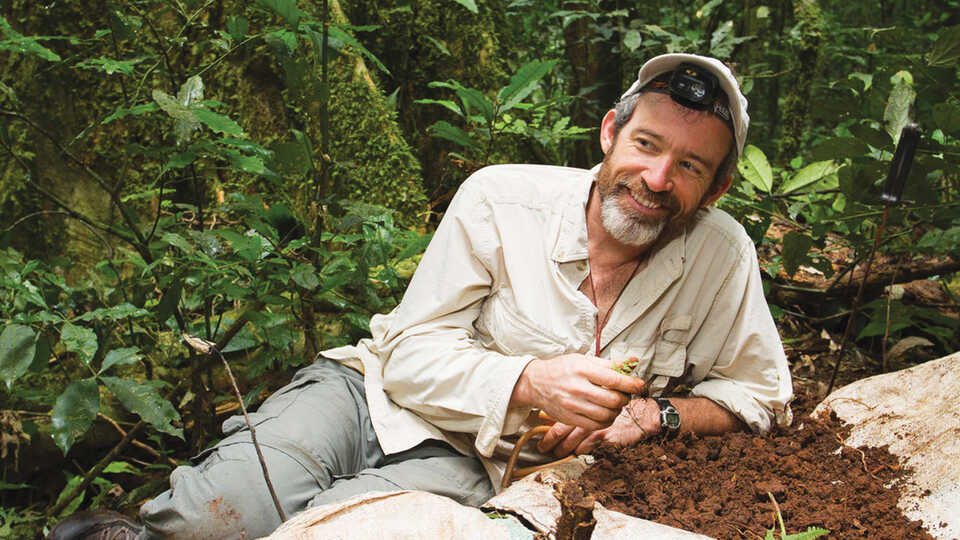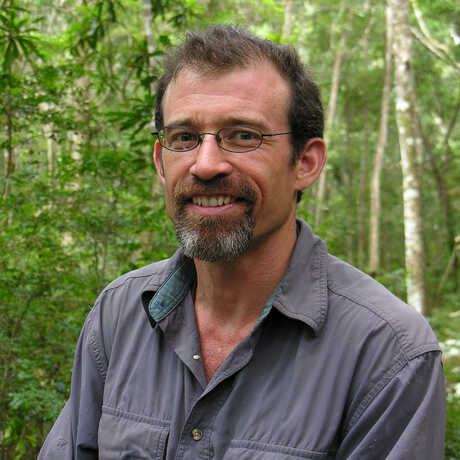Madagascar’s remarkable biodiversity is threatened by the rising demand for food. Traditional farming practices and lemur (bushmeat) hunting cannot sustain a population that will double in 25 years, especially when existing cropland is degraded and only 10 percent of natural habitat remains. If current trends continue, the island’s unique wildlife will soon vanish alongside remaining natural habitats.
Conservation efforts can do little to halt the continued destruction of this living resource when local people are hungry and malnourished (watch "Eating Insects to Save a Forest" below). In Madagascar, more than 75 percent of the population lives below the international poverty line—and almost half of all children under five are malnourished. Madagascar, as a whole, experiences the world’s fourth-highest rate of chronic malnutrition.
Breakfast Before Conservation's broad-based effort uses wild and edible insects to both sustain local habitats and feed local communities, especially malnourished children. Farming insects will increase the economic stability of rural areas, add value to forest protection through food security, help restore the forest, and reduce demand for lemur hunting.
Overall, our project, Breakfast Before Conservation, addresses the cycle of poverty and food insecurity in Madagascar. The approach melds traditional insect-eating practices with innovative farming technologies and establishes social ventures that: (1) restore ecosystems, (2) build food security, (3) promote green businesses, and (4) inspire a young generation.




